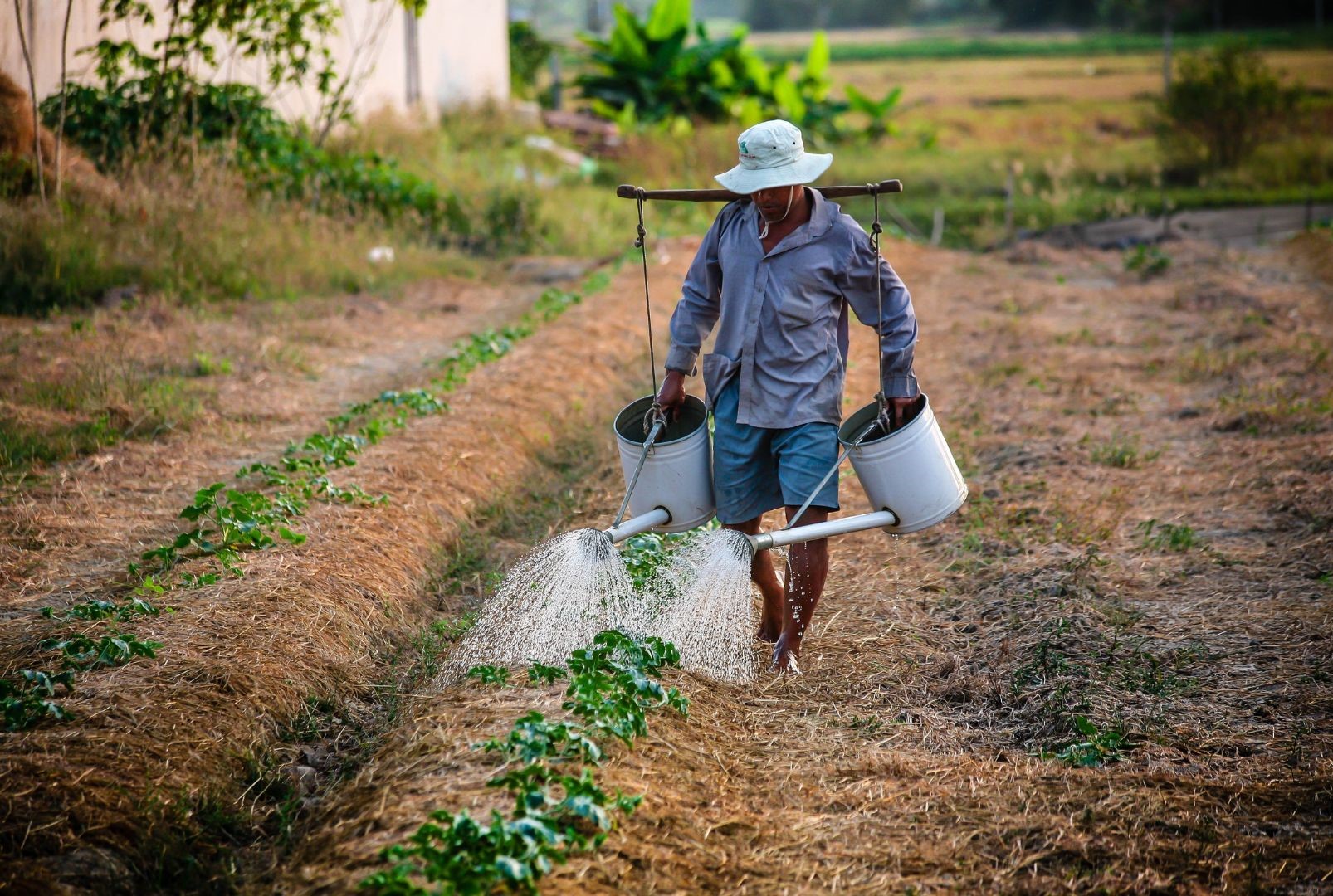Tips to agribusiness success
How to start a successful agribusiness
- Don’t Do part-time Farming
Many people who want to go into farming don’t do so for several reasons. Some people are so afraid of entrepreneurship that their fear of failing exceeds their desire to succeed. Still dumbfounded by the media coverage of unverified success stories, others want to get started without being prepared to give them all to succeed.
The extensive media attention highlighting the promising future of agriculture in Africa has spurred numerous individuals to consider becoming part-time “farmers” by purchasing a few hectares of land or establishing small-scale livestock farms. While this approach can succeed, it hinges on the commitment to transition to full-time farming eventually. However, a common issue with this model is the impatience of such agri-preneurs, who often believe that farming yields quick financial returns.
During the initial stages of a business, your consistent presence and involvement are crucial for its daily operations. This principle holds true not just for agriculture but for any venture you endeavor to launch. For your business to thrive, your timely and dedicated presence is essential, especially during its formative phases. The new agri-preneur should obtain new knowledge to have a better understanding of the crop/animals he/she is handling, frequently visit the farm, possibly have a consultant/agronomist, and many more other things in order to successfully practice agriculture.
- Specialize in one single crop or livestock at first
In agriculture, a diversified farm is a business with multiple operations. This can include livestock farming and diversified crop rotation.
If you want to go into farming or are already doing so, concentrate on one crop (not one type of crop) for at least two years; that’s the time you need to master the crop, the input suppliers, the customers, and the different markets. If you only grow maize, stick with maize. If you grow oranges, stay with oranges. If you’re rearing chickens, pigs, or laying hens, stick with that. Whatever crop you grow, it will be almost impossible to satisfy your customers’ demand after two or three years of hard work. It’s the same for livestock farming.
Once you have become more experienced in this, i.e., growing crops in season and out of season, solving labor problems, getting stable, satisfied customers, a secure market, and a high yield, then you can start to diversify. If you don’t do well in a small area or with a single crop, you won’t do well in a larger area or with several crops. If you can control the cost of production on one hectare, it will be easier for you to control the management of your field when you expand.
- Do not depend on government subsidies
Forget about the government and get started!
Start, even with one hectare, and then gradually increase your land. The more serious you are about your project, the more you will be admired by everyone, even by the authorities, who will want to be filmed with you. Banks, NGOs, and government departments will then want to make funding available to you. King Solomon purposely said in his book of Proverbs: “If you see a man of skill in his work, he will stand with kings; he will not stand with obscure people.
- Dream big and start small
Your objective must be to dominate your sector and be the leader. Ask yourself what your business will look like in twenty- or thirty years. Will your farming business still be able to integrate into the world at that time? If your answer is YES, then carry on. If it’s NO, stop everything, and don’t start again until you have a vision of the future.
Failure is not inevitable: always be ready to pick yourself up and get on with the adventure!
When you launch your farming project, it’s unlikely that you will get it right the first time. In Africa, whatever steps you take upstream, it’s almost impossible to start a business that will take off the first time. There are still too many variables that you can’t control in this environment: nature, the market, the consistency of inputs, the road infrastructure, and even the socio-political climate. That’s why you need to arm yourself with courage, patience, and endurance. Failing is not fatal; giving up is.
- Keep strict accounting
Follow your accounts!
With farming, it’s easy not to have accounts because you are operating in an informal market. The temptation not to keep track of your transactions is great. From the purchase of seeds to the harvest, everything is informal. I advise you to write your expenses on a notepad at most 24 hours to keep good accounts.
If you don’t keep strict accounts, you run the risk of thinking at the end of the day that you have made a profit when, in fact, you haven’t because there are expenses you have forgotten. You tend to forget to mention the unexpected small expenses, such as transport to the field, telephone credit, or helping an employee. Keeping good accounts is also an excellent way of documenting your entries so that you can Analyse them properly and make the right decisions.
Further reading
The importance of Networking and Collaboration amongst Farmers In Zambia and Sub-Saharan Africa
Farming 101 – How to be a Farmer – Step by Step Guide
Improving the Farm Chicken Business Performance of Women Cooperatives in Mahdia, Tunisia









































































